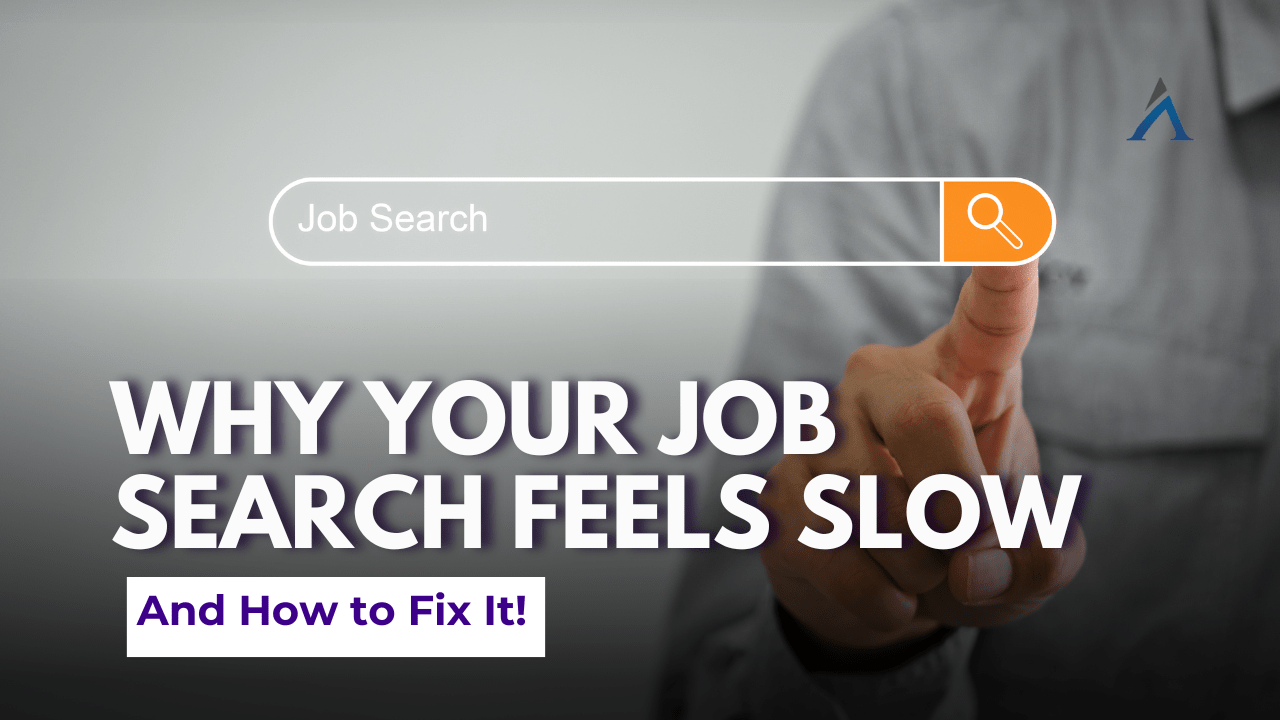In today’s connected world, staying constantly available has become the norm, but it can take a toll on your well-being, productivity, and relationships. Unplugging after work is essential for creating a balanced, healthy, and productive lifestyle. Here are some major benefits of disconnecting from work after hours, along with practical tips to make it a consistent habit.
1. Reduces Stress and Prevents Burnout
Being “on” all the time can lead to chronic stress and eventual burnout. Unplugging allows you to reset, recharge, and approach work with a clear mind. Giving yourself time to decompress improves resilience and your ability to tackle challenges effectively.
Tip:
Establish specific times to stop checking work emails or messages. Features like “Do Not Disturb” or email scheduling can help create a clear separation between work and personal time.
2. Improves Focus and Productivity
While it might seem that more time connected leads to greater productivity, the opposite is true. Taking time away from work allows you to recharge, which leads to better focus, creativity, and efficiency when you return.
Tip:
Create a consistent “end-of-day” routine that helps you transition from work mode to relaxation. This could be as simple as shutting down your laptop, tidying your workspace, and setting a plan for the next day.
3. Strengthens Relationships
Unplugging allows you to be fully present with family and friends, strengthening these valuable relationships. By putting away your work devices, you show that you value time spent with loved ones, which strengthens your support system.
Tip:
Create tech-free times or areas at home—like during dinner or when unwinding in the evening—so you can focus on connecting with those around you.
4. Enhances Mental Health
Constant connectivity often leads to increased anxiety, sleep disturbances, and even depression. Unplugging allows you to focus on hobbies, mindfulness, and relaxation, all of which benefit mental health.
Tip:
Practice mindfulness activities after work, like meditation, yoga, or journaling. This helps you disconnect and reduce stress. Engaging in hobbies you enjoy also allows you to recharge mentally.
5. Improves Sleep Quality
Work-related notifications and mental preoccupations can interfere with your ability to unwind, affecting your sleep. Disconnecting from work after hours can lead to better sleep quality, enhancing your overall health and readiness for the next day.
Tip:
Set your phone on “Do Not Disturb” at least an hour before bed, and set a specific time to check emails earlier in the evening, so you’re not tempted just before sleeping.
6. Boosts Creativity and Problem-Solving Skills
Time away from work often sparks fresh perspectives and insights. Allowing your mind to rest enables creative ideas to flow and helps you approach challenges with innovative solutions.
Tip:
Engage in creative activities, like drawing or spending time outdoors, to stimulate new thinking. Giving your mind the freedom to wander without work pressure can lead to valuable insights.
7. Encourages Physical Health and Well-being
Unplugging after work gives you a chance to focus on physical health, such as through exercise, preparing healthy meals, or simply resting. Physical activity and a balanced lifestyle are essential for maintaining energy and reducing stress.
Tip:
Use post-work hours for physical activities you enjoy, like walking, working out, or joining a sports team. Exercise naturally reduces stress and keeps you energized.
8. Fosters Better Work-Life Balance
Setting boundaries with work is key to achieving a healthy work-life balance. Disconnecting after hours creates the space needed for personal interests and self-care, preventing overworking and prioritizing other areas of life.
Tip:
Establish a regular schedule with a set end time each day. Sticking to this routine—and communicating it to colleagues if needed—reinforces work-life balance as a priority.
9. Sets a Positive Example for Others
When you consciously unplug after work, you show colleagues and your team the importance of healthy boundaries. This can create a ripple effect, encouraging others to prioritize their well-being as well.
Tip:
If you’re in a leadership position, model a healthy work-life balance by respecting others’ off-hours. This fosters a supportive culture where everyone feels comfortable setting boundaries.
10. Enhances Long-Term Job Satisfaction
Finally, consistent unplugging helps boost long-term job satisfaction. Avoiding burnout, managing stress, and maintaining a healthy mindset make it easier to stay motivated and passionate about your work.
Tip:
Reflect regularly on what’s working well and adjust your habits to ensure you’re recharging fully. Remember that unplugging is a crucial part of sustaining a fulfilling career.
Conclusion
Unplugging after work isn’t a luxury—it’s essential for your overall well-being and long-term success. By taking time to rest and refocus, you can reduce stress, increase productivity, improve mental and physical health, and deepen relationships.
At Ascent Global Partners, we understand the importance of maintaining balance in today’s demanding work environments. Contact us to learn more about how we can help you establish healthy boundaries, prioritize self-care, and achieve sustainable success in your career.
Check out our website – ascentgp.com for tons of useful tips on career advice, resume tips, interview follow-ups, and a wide range of other topics. Plus, we’ve got articles and podcasts on career, leadership, and recruitment advice: ascentgp.com/blog.



